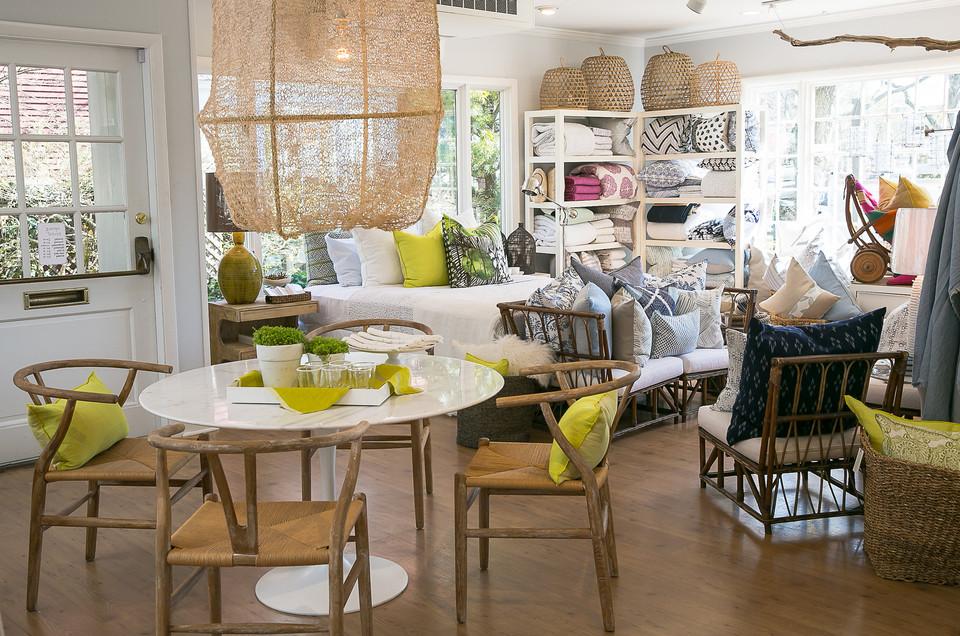Furnishing a rental property doesn’t have to break the bank. Whether you’re setting up a long-term rental or a short-term vacation unit, there are smart ways to create a comfortable, stylish space without overspending. In this guide, you’ll learn exactly how to furnish a rental on a budget while still making it look attractive and functional.
Why Budget-Friendly Furnishing Matters
First Impressions Count
Even budget furnishings can create a great first impression if chosen wisely. The look and feel of your rental can influence how fast it gets rented, how much you can charge, and how happy your tenants or guests feel.
Lower Turnover and Maintenance Costs
Quality furniture doesn’t always mean expensive. Durable, easy-to-clean items reduce replacement costs and tenant complaints in the long run.
Step-by-Step: Furnishing a Rental on a Budget
1. Plan Before You Purchase
Before spending a dime, walk through your space and create a room-by-room checklist of what’s needed.
Make a List of Must-Have Furniture
Living room: Sofa, coffee table, floor or table lamp
Bedroom: Bed frame, mattress, nightstand
Dining area: Table and chairs
Kitchen: Basic cookware, utensils, and appliances
Know Your Target Tenant
Furnishing choices should depend on your tenant type. A long-term renter will value functionality and storage, while an Airbnb guest may expect more decorative touches.
2. Set a Realistic Budget for Each Room
Assign a maximum budget per room. This helps control costs while still ensuring every space gets what it needs.
Living Room: $300–$600
Bedroom: $250–$500
Kitchen: $150–$400
Dining Area: $100–$300
Bathroom: $50–$150
3. Source Budget-Friendly Furniture
Buy Secondhand or Gently Used
Used furniture can save hundreds of dollars without sacrificing style. Check Facebook Marketplace, Craigslist, thrift stores, and garage sales.
Shop Discount Retailers
IKEA, Walmart, Target, Big Lots, and Amazon often offer functional, low-cost options. Clearance outlets and scratch-and-dent sales are also worth exploring.
Consider DIY Updates
Paint or refinish secondhand furniture to give it a modern look. Swap out knobs or handles to refresh older dressers and cabinets.
4. Mix High-Use Durability with Affordable Style
Spend Smart on Core Pieces
Invest more in items that get heavy use, like beds and sofas. For everything else—like side tables or rugs—choose low-cost options.
Choose Multi-Functional Furniture
Use items that serve more than one purpose, such as a sleeper sofa or an ottoman with hidden storage. These can reduce the total number of items needed.
5. Save on Décor and Finishing Touches
Affordable Décor Options
Use peel-and-stick wallpaper, framed art prints, or secondhand mirrors to enhance spaces. Layer rugs, pillows, and throws for warmth and style.
Incorporate Plants
Low-maintenance plants or artificial greenery can make a space feel fresh and lived-in—without much expense.
Use Lighting to Create Mood
Budget-friendly floor lamps and table lamps can add coziness and charm, even if your overhead lighting is basic.
Furnishing Each Room on a Budget
Living Room
Choose a neutral-colored couch that goes with anything. Add throw pillows and blankets for style. A coffee table with storage is a bonus.
Bedroom
Stick with a sturdy bed frame and a comfortable mattress. Platform beds with storage drawers can help reduce the need for dressers. Use simple but clean linens and blackout curtains.
Kitchen
Outfit the kitchen with essential tools: a set of pans, dishes, cutlery, and perhaps a microwave or toaster. Open shelving or wall-mounted hooks can save cabinet space and cost.
Dining Area
A small dining table and a set of chairs are usually enough. Consider collapsible tables or stools for small spaces.
Bathroom
Keep it simple: provide a shower curtain, towel rack, basic mirror, and storage baskets. Neutral towels and a non-slip bath mat work well.
Outdoor Area (if available)
Use budget patio furniture or a bistro set. String lights or solar lights can add charm for cheap.
Smart Tips to Maximize Your Budget
Bundle When You Can
Buying sets—like bedroom or living room bundles—can be cheaper than purchasing items individually.
Keep a Consistent Color Scheme
Sticking to a neutral palette across the home makes things look intentional and more cohesive, even if items are budget or mismatched.
Don’t Over-Furnish
Avoid stuffing the space. Too much furniture increases wear and makes rooms feel cramped. Minimalism is your budget-friendly friend.
Track Expenses and Look for Tax Deductions
If your rental is part of a business, some furnishing costs may be tax deductible. Keep records and consult a tax professional.
Final Thoughts: Budget Doesn’t Mean Basic
Furnishing a rental on a budget takes creativity, planning, and a little hustle—but it’s entirely doable. By focusing on essential pieces, mixing new and used furniture, and adding small design touches, you can create a rental that looks and feels great—without overspending.








Leave a Reply